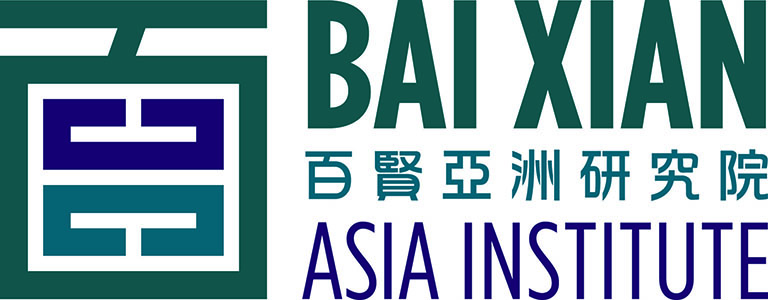“The DNA of adaptive leadership comprises learning, unlearning, and relearning.” This was one of the key points highlighted by TomorrowToday consultants, Mr. Keith Coats and Ms. Tamryn Batcheller-Adams, at our adaptive leadership workshop on July 28. To develop our adaptability, we also learned that we have to understand our context, accept change, and allow space for curiosity and creativity. “Things are shifting rapidly and we won’t be able to just apply the old context to the new,” said Keith. “We need to ask ourselves what we should keep from the past that has worked well, what we need to discard, and what we need to create.”

Session Notes
2:08-3:10 Introduction of speakers
3:25-5:10 Workshop preview
5:11-6:16 The ‘New Normal’
6:17-10:00 What words would you use to describe the current global context?
10:14-11:50 Thinking like a futurist
11:51-15:40 The importance of context
15:41-21:06 Visual intelligence
21:07-25:13 Principles of adaptive leadership
25:14-26:10 4 key components of developing adaptive intelligence
26:11-35:45 Accept change and uncertainty
35:46-42:00 Invite learning
42:01-47:01 Curiosity
47:02-51:28 As a leader: 3 keys for your consideration
51:29-52:32 Being a ‘Broker of Hope’
52:33-1:11:40 Q&A
Download the presentation slides here.
How can we become an adaptive leader in today’s fast-changing, ever-evolving world? Check out Chan Wai’s visual recap of the illuminating adaptive leadership workshop led by Keith and Tamryn!

Book Recommendations from Keith and Tamryn
During the session, Keith and Tamryn shared about the four components of adaptive intelligence and focused their time expanding on two of them: (1) accept change and uncertainty and (2) invite learning. To find out more about (3) give control and (4) embrace differences, check out some of their recommended books below! “If you look at the four areas and ask yourself, ‘What can I do in each of them?’, you start to build adaptive intelligence. Have fun and play until it starts to become part of your own DNA,” Keith advises.
Keith’s Recommendations:
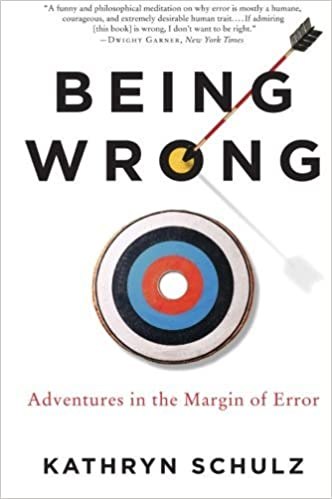
Being Wrong: Adventures in the Margin of Error by Kathryn Schulz
It’s an unusual take on our ability to own wrongness or error. We always talk about experimentation, embracing failure, and being open to learning, but Schulz shows our orientation to wrongness is fundamental to learning how to embrace change and be a learner. As we embrace change, we can unpack our worldview and our view of ourselves.
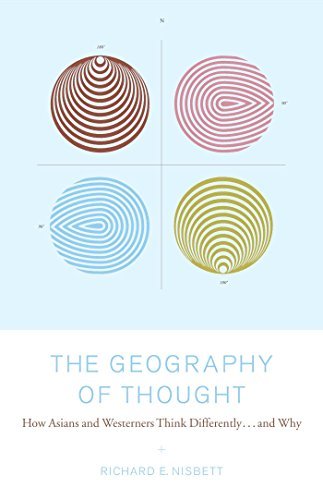
The Geography of Thought: How Asians and Westerners Think Differently...and Why by Richard E. Nisbett
This book goes into how people think depending on where in the world they are. If you work cross-culturally or travel extensively, you want to start building the awareness that people don’t see the world as you see it.
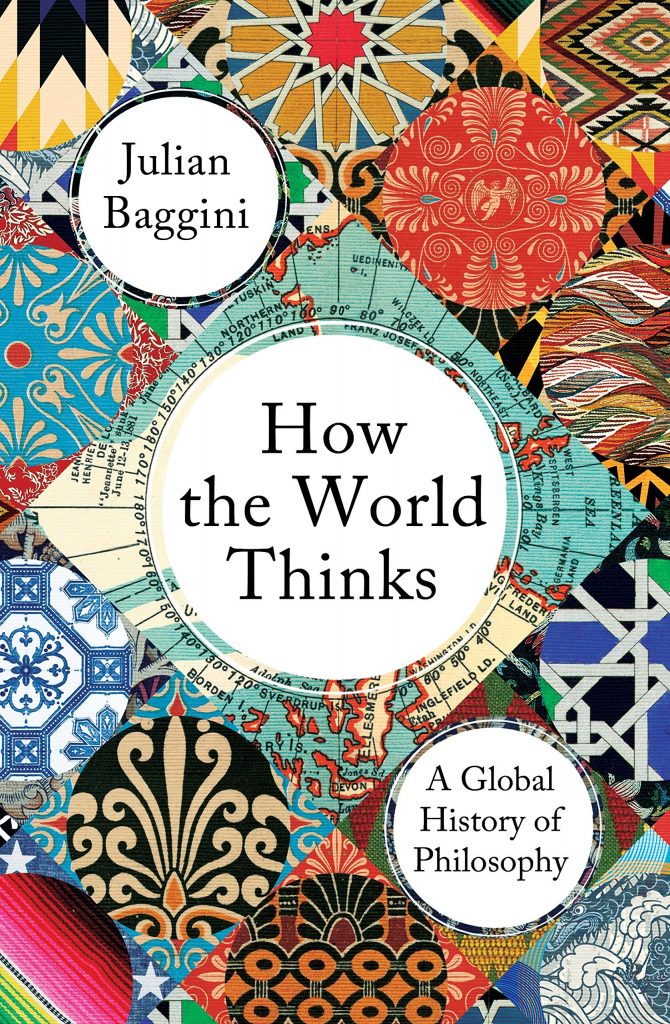
How the World Thinks: A Global History of Philosophy by Julian Baggini
Like The Geography of Thought, this book goes into how people think. If we understand that, we will understand how they act.
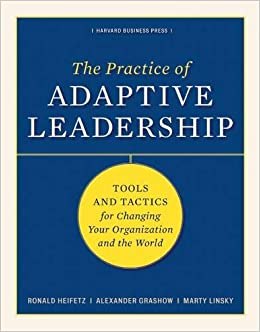
The Practice of Adaptive Leadership: Tools and Tactics for Changing Your Organization and the World by Ronald A. Heifetz
Like a handbook on adaptive leadership, this book comprises theories, practical ideas, questions and exercises.
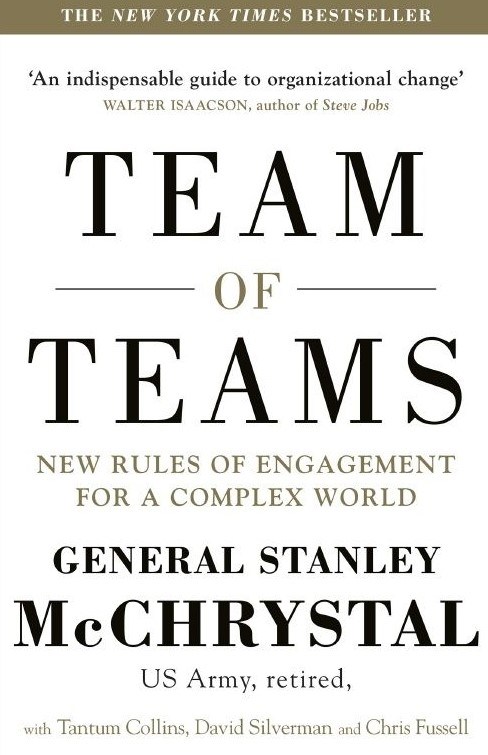
Team of Teams: New Rules of Engagement for a Complex World by Gen. Stanley McChrystal, Tantum Collins, David Silverman, Chris Fussell
This book talks about the difference between a world that is complicated and one that is complex. In a world that is complex, we need to think differently because the rules that govern a complicated world are not the same as the rules governing complexity.
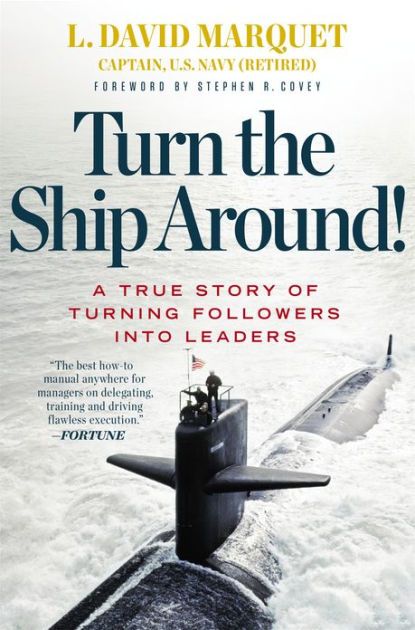
Turn the Ship Around!: A True Story of Turning Followers into Leaders by David Marquet
Marquet was a US navy nuclear submarine commander. He was given command of a nuclear submarine that was badly underperforming, but was told to get it operational in six months. He decided that the only way to do that was to give away control.
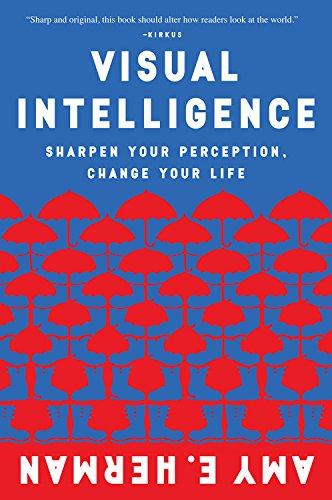
Visual Intelligence: Sharpen Your Perception, Change Your Life by Amy Herman
Herman unpacks and explains why we need to build the capacity to see what we don’t see. She talks about the need to assess correctly, the need for correct analysis and the ability to articulate accurately what we’re seeing, and the need to adapt.
Tamryn’s Recommendations:
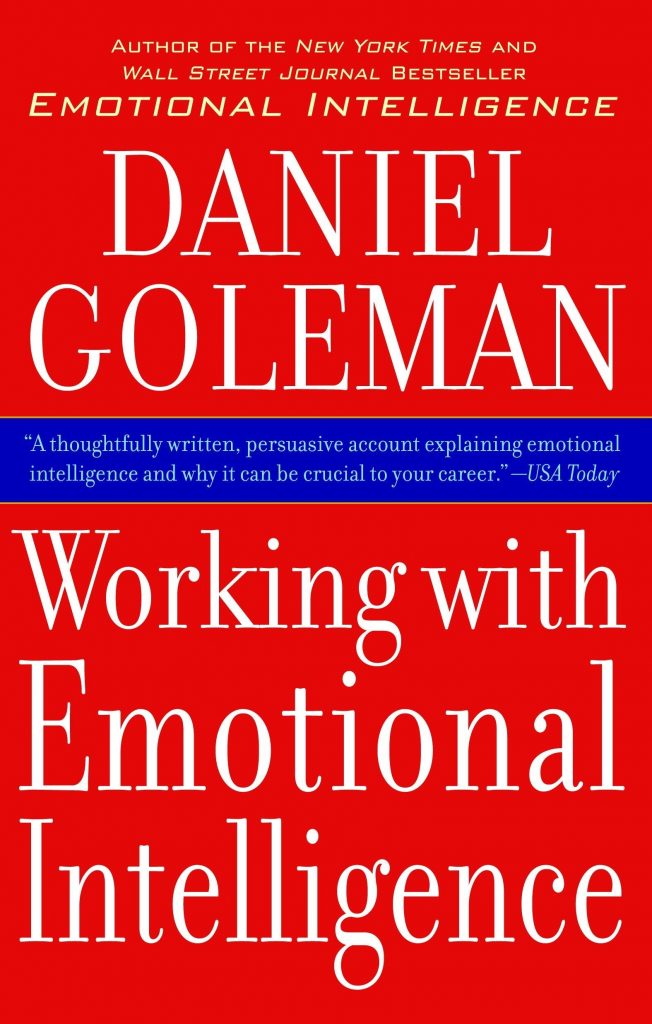
Working with Emotional Intelligence by Daniel Goleman
Emotional intelligence is an important component of leadership. This book gives you lots of practical tips into understanding your emotions and triggers – why something triggers you and how you can start to learn that really difficult lifelong skill of self-regulation.
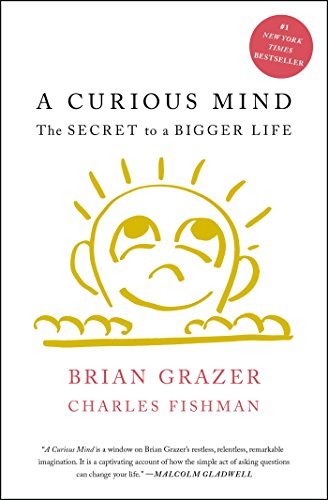
A Curious Mind: The Secret to a Bigger Life by Brian Grazer
In Grazer’s book, there is an idea of building curious conversations. What he did was that he mocked people in certain industries, such as prominent politicians and senior business people, and then sought them out intentionally. He thought specifically about the types of questions he wanted to ask or things he wanted to learn from them, and then went on to have these curious conversations with them where he came out feeling like he had really learned something.
Recommended Article from TomorrowToday
